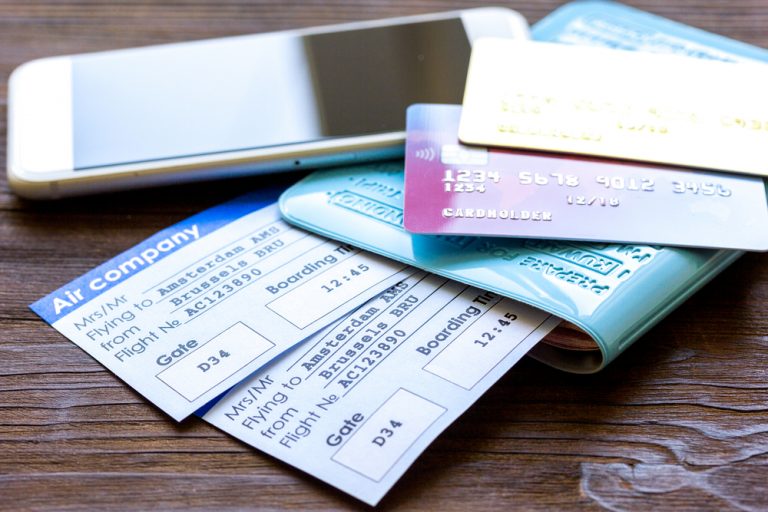

When traveling outside the United States, many travelers are concerned and confused about what documentation they need. That’s why we’ve included this helpful guide for your next trip.
Depending on the country you plan to visit, you will probably need a passport, and perhaps a visa or tourist card.
To obtain a passport application, contact the nearest Passport Agency, one of the many federal or state courts, or a U.S. Post Office that accepts passport applications. Visas are available from the embassy or consulate of the country you will be visiting or from a “visa service” which will get your visa processed for a nominal fee.
In both cases, apply for your travel documents several months in advance of your scheduled departure to avoid peak season delays.
MAKE COPIES OF EVERYTHING
Remember, your passport is your most valuable travel document when you are in a foreign country. Keep a copy of your passport number in a safe, separate place and immediately report the loss or theft of your passport or visa to the U.S. embassy or consulate and the local police authorities.
Make several copies of your passport, traveler’s checks, credit cards, itinerary, airline tickets and other travel documents. Leave one copy with a relative or friend back home and carry one copy with you.
Take most of your money in traveler’s checks and record the serial numbers, denominations and date and location of the issuing agency. Remove all unnecessary credit cards from your wallet. Be sure to carry your credit card company’s telephone number in case your card is lost or stolen. Always report losses immediately.
LET THE U.S. GOVERNMENT KNOW YOUR PLANS IN CASE OF EMERGENCY
Be sure to register your trip with the U.S. Department of State at https://travelregistration.state.gov/ibrs/. Travel registration is a free service to U.S. citizens who are traveling to, or living in, a foreign country. Registration allows you to record information about your upcoming trip abroad that the Department of State can use to assist you in case of an emergency.
U.S. embassies and consulates can assist American travelers who are victims of crime, accident, or illness, or whose family and friends need to contact them in an emergency. By registering your trip, you help the embassy or consulate locate you when you might need them the most.
VACCINATION CERTIFICATE
Certain countries may require an “International Certificate of Vaccinations” against cholera, yellow fever and other infectious diseases before you are allowed to enter. Specific information on entry requirements can be obtained from your ASTA travel agent, physician or the embassy of the country you will be visiting.
As an added precaution, make sure that your measles, mumps, rubella, polio, diphtheria and tetanus shots are up to date. You can also check with the Citizens Emergency Center at the U.S. Department of State in Washington, D.C. (202.647.5225), or the Centers for Disease Control at 404.639.3311 for up-to-date information on epidemics or unsafe conditions in your planned destination.
By taking preventative steps, you can make sure your family’s next vacation goes smoothly.